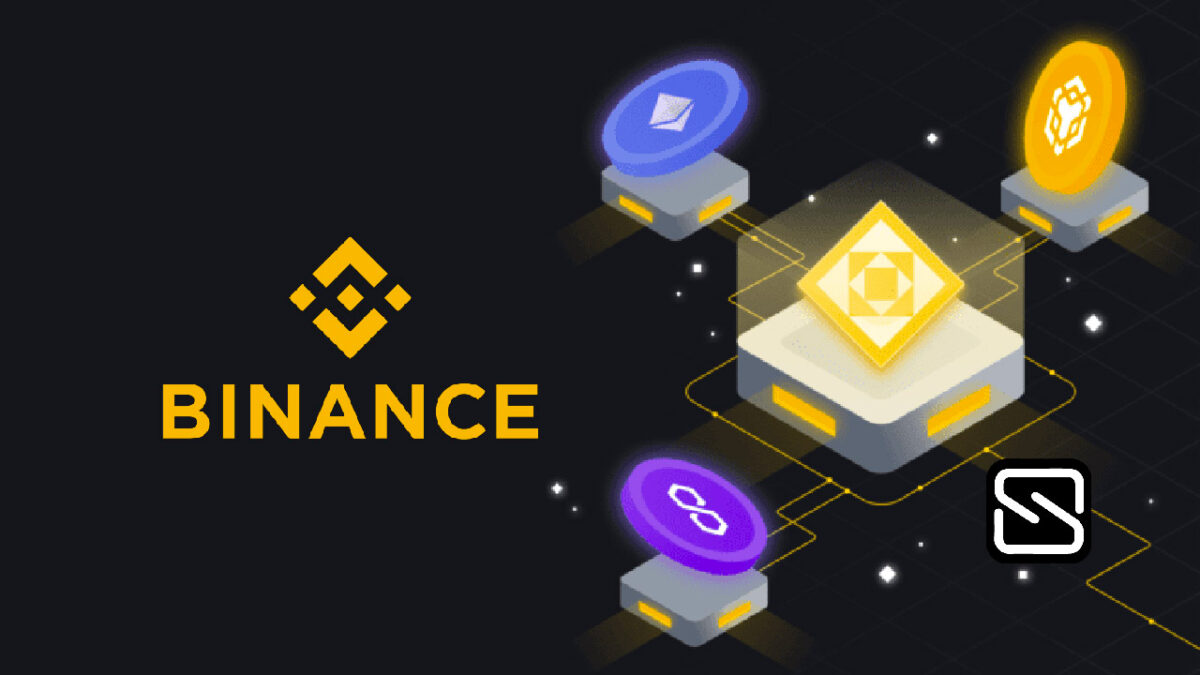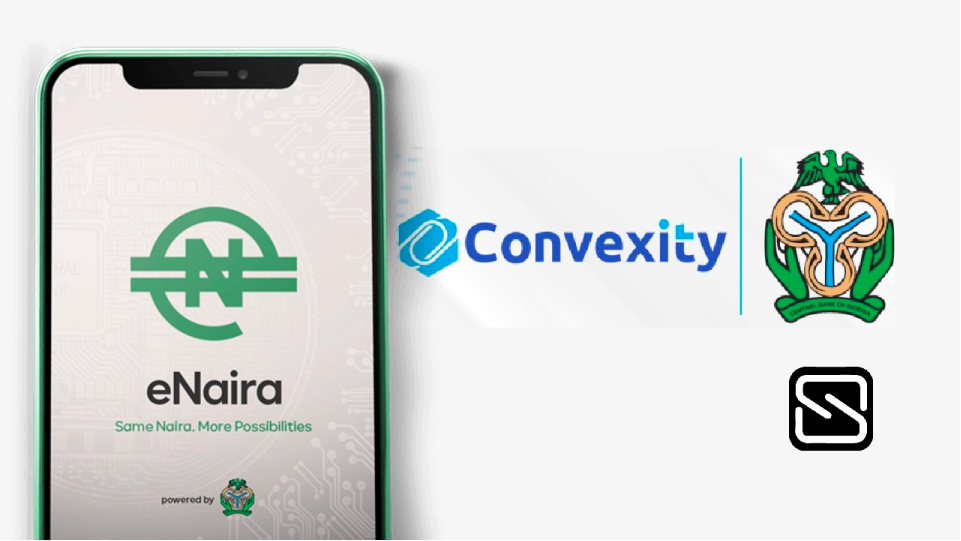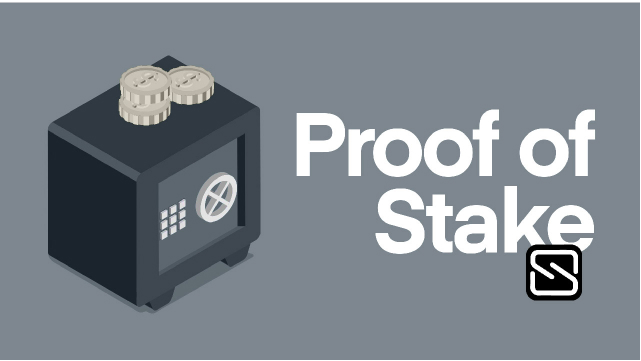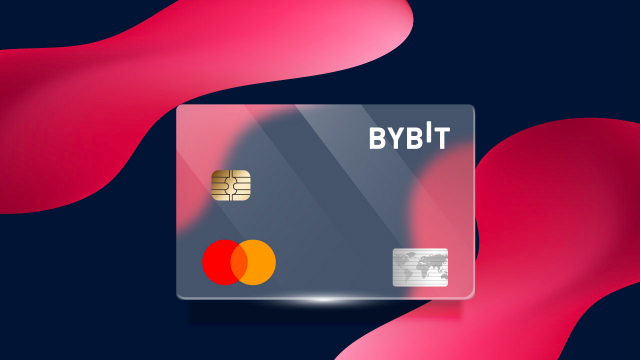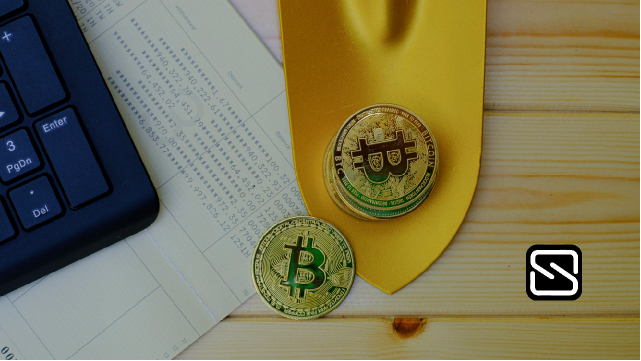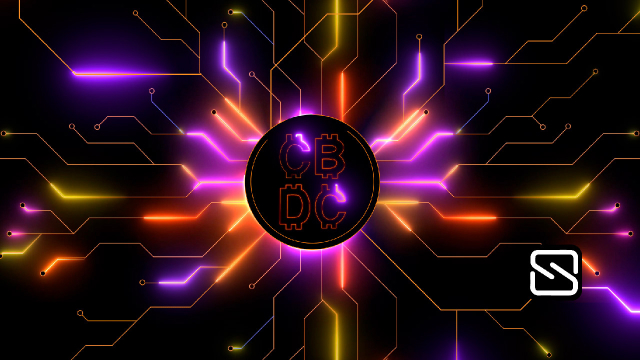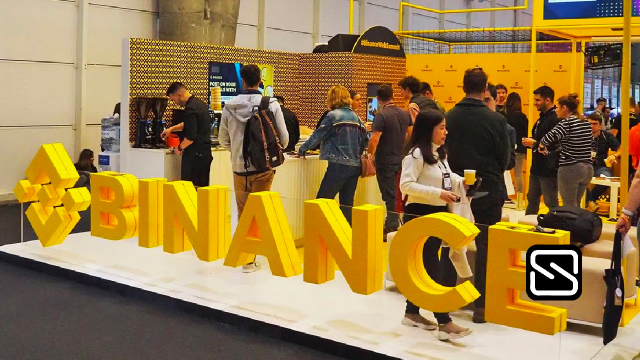Binance has recently announced the integration of the Binance NFT Marketplace on the Polygon network. This integration means that the Binance NFT marketplace is now a multi-chain open platform where users can trade NFTs on both the BNB Chain (BSC), and now Polygon (MATIC).
The crypto exchange stated in its announcement, “Binance NFT Marketplace is excited to announce that the Polygon network has been added to its list of supported chains, further expanding the NFT ecosystem for its community.”
“The integration of Polygon network further elevates Binance NFT to a multi-chain, open marketplace ecosystem, where users can now explore and trade a wider variety of NFTs across multiple blockchains, including BNB Smart Chain (BSC), Ethereum (ETH) network, and Polygon (MATIC) network, from their Binance accounts,” further stated.
The inclusion of the Polygon Network on the Binance NFT Marketplace is a significant milestone for both platforms, as it opens up a wide range of possibilities for the NFT community. Users on the Binance NFT marketplace can now buy, deposit, withdraw, and list NFTs from the Polygon Network using their Binance accounts.
To trade NFTs on the Binance NFT Marketplace, users must hold MATIC or any token in their spot wallets. Also, note that only selected ERC-721 NFT Collections on the Polygon network are available on the Binance NFT Marketplace at the moment. However, Binance NFT will integrate more NFT collections regularly.
Users can trade unique digital goods including artwork, music, films, and other collectibles as NFTs on the Binance NFT Marketplace. The Binance NFT Marketplace has made great progress toward building a complete NFT ecosystem with the launch of the Polygon Network, providing traders and collectors with a wider selection of NFTs.
One of the significant advantages of this integration is that it allows for collaboration between quality NFT projects on the Polygon Network and the Binance NFT Marketplace.
The integration of the Polygon Network on the Binance NFT Marketplace represents a significant development for the NFT industry. More platforms will probably integrate with other networks as the NFT business develops, increasing chances for cooperation and broadening the NFT ecosystem.
Traders and collectors should stay tuned to Binance NFT’s Telegram, Twitter, Discord, and Instagram for updates on Binance NFT’s activities. However, users must exercise caution and perform due diligence before investing in any NFT, as NFTs are subject to high market risk.
Interested projects can reach out to Binance NFT at nft@binance.com for collaboration opportunities.
